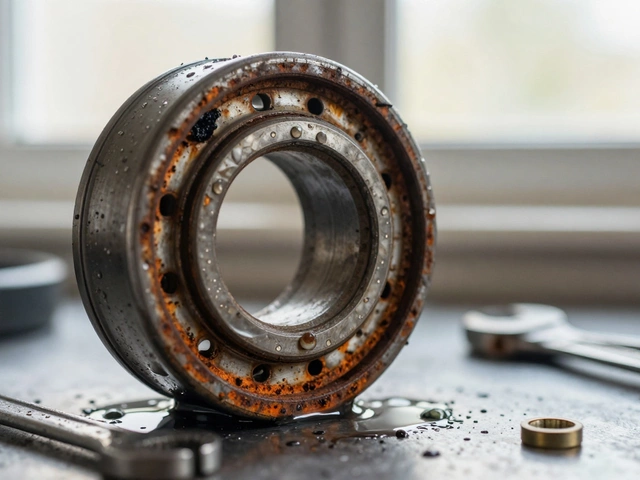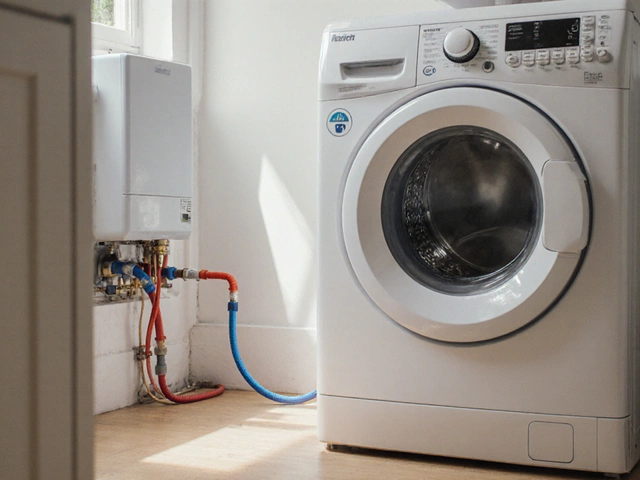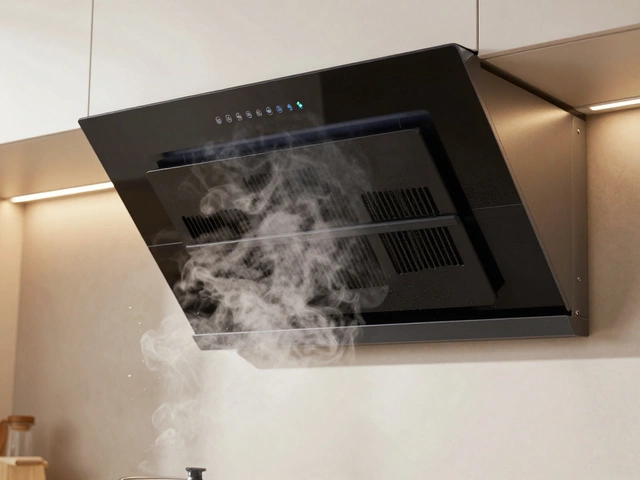What Is the Most Expensive Part to Replace on a Washing Machine?
December 29 2025Magnetron Problems? How to Spot, Fix, and Decide When to Call a Pro
If your microwave stops heating or makes weird noises, the magnetron is the most likely culprit. The magnetron is the heart of the microwave – it creates the microwaves that heat your food. When it goes bad, the whole appliance feels useless. Below you’ll find easy ways to tell if the magnetron is at fault, what you can safely try yourself, and when it’s smarter to let a qualified engineer handle it.
Common Signs Your Magnetron Is Failing
First, notice the symptoms. A healthy microwave will heat food evenly and finish the timer with a quiet hum. If you see any of these, the magnetron is probably on the way out:
- Food stays cold or only warm on the edges.
- The microwave runs but you hear a buzzing, sizzling, or clicking sound.
- The unit powers on, the timer counts down, but nothing gets hot.
- You spot visible arcing – tiny sparks inside the cooking chamber.
- The microwave stops working after a few minutes of use.
These clues help you separate a simple fuse issue from a full magnetron replacement. A blown fuse can be swapped in minutes, but a magnetron problem usually needs a professional.
DIY Checks Before You Call an Engineer
Before you pick up the phone, you can run a quick safety test. Unplug the microwave, wait a minute, then remove the outer cover (you’ll need a screwdriver). Look for any burnt marks, loose wires, or a cracked ceramic housing around the magnetron. If you see damage, don’t touch it – the high voltage capacitor can hold a charge even after unplugging.
Next, try a simple power‑reset: plug the microwave back in, set it to high for 30 seconds with a cup of water inside. If the water heats, the magnetron might be okay and the issue could be a turntable motor or a sensor. If nothing happens, you likely have a magnetron fault.
Remember, safety comes first. If you’re unsure about any step, stop and call a certified gas engineer. Working on a microwave involves high‑voltage components that can cause serious injury.
When you do call an expert, give them the details you just gathered – the exact symptoms, any visible damage, and what you’ve already tried. A clear description helps the engineer diagnose faster and can lower the cost of the visit.
Replacing a magnetron isn’t cheap; typical parts run between £80‑£150 plus labor. However, a brand‑new microwave costs around £100‑£200, so the decision often depends on the age of your appliance. If your microwave is older than 8‑10 years, weigh the replacement cost against a new unit’s warranty.
In short, watch for lack of heating, odd noises, or visible arcing. Do a quick visual check and a power‑reset, but never try to replace the magnetron yourself. Call a qualified engineer with the symptoms you observed, and let them handle the high‑voltage work safely.
Keeping your microwave in good shape means regular cleaning of the interior and the waveguide cover, plus an annual safety check if you use it heavily. A well‑maintained magnetron can last many years, saving you both time and money.
So next time your food comes out lukewarm, you’ll know exactly what to look for and when to hand the job over to a pro.
 10 Jul
10 Jul
Microwave Failure: The Most Common Causes and How to Spot Them
Discover why microwaves stop working, what parts fail the most, and how to spot trouble early. Get practical tips to keep your microwave running strong.
Read More...



